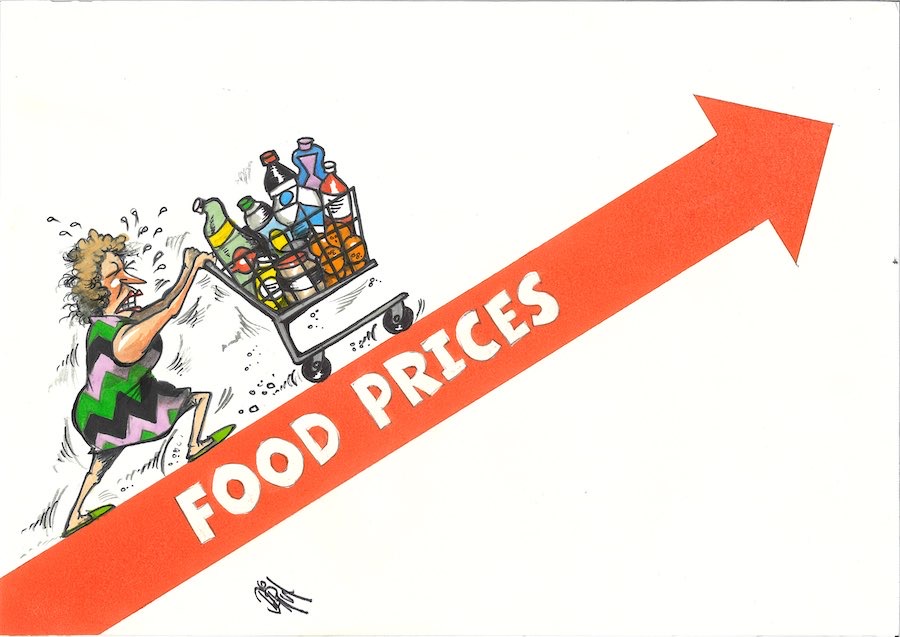
By Peter Tregear, Australian National University
THE Rolling Stones are currently nearing the end of their seventh (and quite possibly last) tour of Australia and – despite cancelling the Hanging Rock gig due to Mick Jagger’s throat infection – are still going strong, as is their fan base.
Mick Jagger, Keith Richards (both 1962 founding members), Charlie Watts and Ronnie Wood have performed together since 1975. For sheer longevity and reputation, the Stones are the Placido Domingo of popular music. Their achievement is all the more remarkable because it is in a field otherwise obsessed with youth and characterised by the impermanence of fashion.
So what’s the secret?
Like Domingo, of course, their success is first and foremost sustained by the quality of their musicianship. As is apparent to anyone who has been fortunate (as I was) to catch them on this tour, Jagger, Richards, Watts and Wood remain an impressively skilled musical unit.
But they are also both the progenitors and masters of a particular style of rock that has become both instantly recognisable as their own and profoundly influential.
We might broadly describe it as a louder, ruder and more explosive form of rhythm and blues or, as The Age’s Michael Dwyer put it after last week’s Melbourne performance: music that is “cool, sexy, loud and nasty”. And they self-evidently have not grown tired of it.
But of course it isn’t only rock ‘n’ roll. Or at least rock ‘n’ roll is never just about the music. For one thing it is also great theatre.
Mick Jagger in particular must surely rank alongside the late Freddie Mercury of Queen as a master of stadium dramatics. “I’m not just singing”, Jagger told Rolling Stone last year, “I want to do a performance, as well, so that’s waving my arms around and running around, and I’m dancing”.
And yes he still does, and it is a phenomenal physical achievement for a man aged 71.
Live performance is the Stones’ great metier. Sure, their global reach, and fortune, was anchored in radio airplay, vinyl and now digital sales, but their regular world tours have helped sustain their claim both to ongoing relevance and, compared with our world of auto-tuned, studio-produced pop, to authenticity.
This projection of authenticity is perhaps the Stones’ greatest underlying allure. And it is not just a matter of musical substance. As one of the last remaining global rock ‘n’ roll bands from the 1960s still performing, they also evoke for their audiences something of that extraordinary decade of Western cultural and political history when life itself seemed more authentic.
Regardless of when we were born, all of us harbour, I think, a longing for the idea of the 1960s. Phrases like “Turn on, tune in, drop out” have, it seems, become less an invitation to a decade-long party than a lasting challenge to all of us to live more intimately and deeply.

LucienGrix
We are continually drawn back to the the culture of the 1960s because, as New York Times commentator Matt Bai put it a few years ago:
As much as conservatives may view the decade as the crucible of moral relativism and the beginning of a breakdown in established social order, there remains something powerfully attractive about the binary, simplistic nature of it all, the idea that one could easily distinguish whether he was for war or against, in favour of equality or opposed.
Today, it can seem as if young, counter-cultural, hippie radicals have merely transmogrified into old bankers and hedge-fund managers and the like. Such was the gloomy prognosis of history that characterised recent commentary around the death of former Prime Minister Gough Whitlam (a “60s” PM, at least in spirit, if ever there was one).
Fairfax senior journalist Michael Pascoe indeed speculated that “we don’t mourn Gough Whitlam, we mourn ourselves”:
The optimism, the positivity, the change, the opening up, the justice, the independence, the betterment of the nation, the internationalisation that Whitlam sought and represented has been replaced after four decades with a more general negativity, with so little ambition.
As the last surviving major pop-cultural link to, if not the letter, then at least the spirit (and most certainly the sound) of the 1960s, The Rolling Stones remind us of what might have been (and maybe also a glimmer too of what could still be).
Their concerts offer us a musical transport of the imagination back to that age of self-discovery, and the possibilities for self-empowerment and self-fulfilment it once promised.
To be sure, this is not just an uncomplicated journey into an uncomplicated past, as suggested by the lyrics of songs like (I Can’t Get No) Satisfaction (1965) and You Can’t Always Get What You Want (1969). But you can at least be guaranteed at a Rolling Stones concert that the ride there will be one hell of a lot of fun.
The Rolling Stones 14 On Fire tour continues in Sydney on November 12, the Hunter Valley on November 15 and in Brisbane on November 18.
![]()
Peter Tregear conducted the Consort of Melbourne on stage with the Rolling Stones at the Rod Laver Arena on November 5.
This article was originally published on The Conversation.
Read the original article.
Who can be trusted?
In a world of spin and confusion, there’s never been a more important time to support independent journalism in Canberra.
If you trust our work online and want to enforce the power of independent voices, I invite you to make a small contribution.
Every dollar of support is invested back into our journalism to help keep citynews.com.au strong and free.
Thank you,
Ian Meikle, editor




Leave a Reply